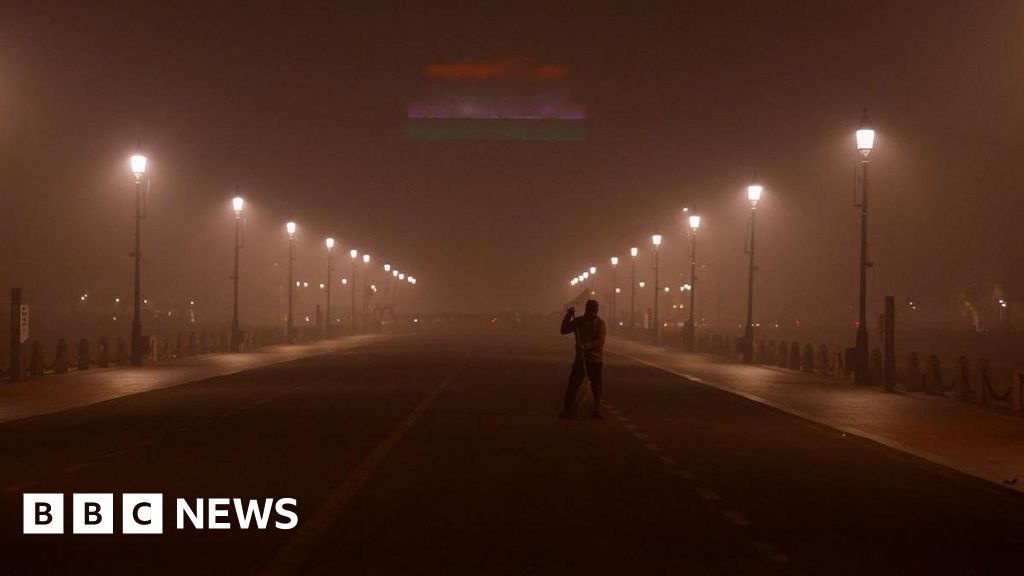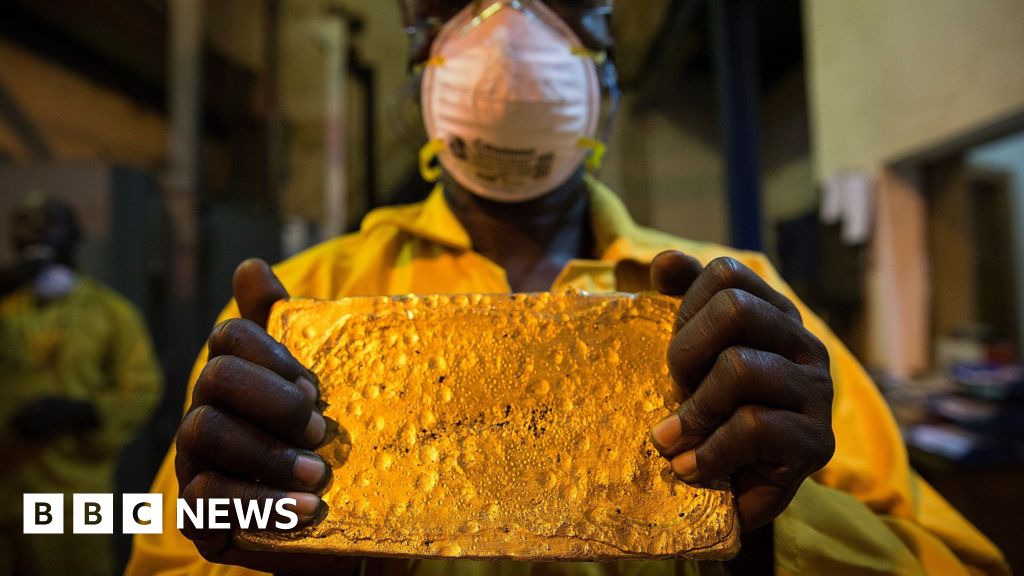ARTICLE AD BOX
Image source, Getty Images
Image caption,Alexander Litvinenko, an outspoken critic of Vladimir Putin, was poisoned in London in 2006
One of the main suspects in the murder of the former Russian spy and Kremlin critic, Alexander Litvinenko, has died of Covid-19.
Dmitry Kovtun was one of two men UK authorities say fatally poisoned Mr Litvinenko in London in 2006.
Mr Kovtun died at a hospital in the Russian capital Moscow, the Tass state news agency reported on Saturday.
Another suspect in the killing, Andrei Lugovoi, wrote on social media that his "faithful friend" had died.
Mr Litvinenko, a former KGB officer who became a British citizen and outspoken critic of Russian President Vladimir Putin, was poisoned with a radioactive substance at a London hotel where he had met the two men.
He fell ill shortly after the meeting and was admitted to hospital. His condition worsened and he died weeks later on 23 November.
A UK public inquiry conducted 10 years later concluded that the killing was "probably approved" by Russian President Vladimir Putin. From his deathbed, Mr Litvinenko accused President Putin of ordering his killing.
Russia has always denied any involvement in the murder.
The UK inquiry said Mr Lugovoi and Mr Kovtun, both former KBG officers, deliberately poisoned Mr Litvinenko by lacing his cup of green tea with the potent substance Polonium-210.
British investigators found traces of the substance at sites across London where the two men had been, including in offices and hotels.
Separately, the European Court of Human Rights (ECHR) ruled last year that Russia was responsible for the killing.
Both men denied carrying out the murder and Russia refused to extradite them to face trial in the UK.
Image source, AFP
Image caption,Dmitry Kovtun, pictured in 2015, denied carrying out the murder
Mr Kovtun was born in 1965 and trained at the Soviet command academy in Moscow before joining the protection unit of the KGB.
He was serving in East Germany as the Soviet Union collapsed and fled with his first wife to Hamburg to claim political asylum.
Mr Kovtun later returned to Russia, where he was allegedly recruited by Mr Lugovoi.
After the UK report was released, Mr Kovtun told the Interfax news agency: "I am not involved in Litvinenko's death. As for the outcome of the public inquiry that has been published in London, [it] could not have reached any other conclusions based on the falsified and fabricated evidence."

 2 years ago
24
2 years ago
24








 English (US)
English (US)